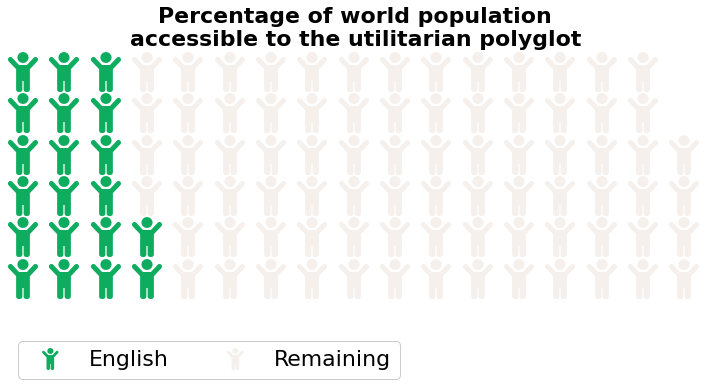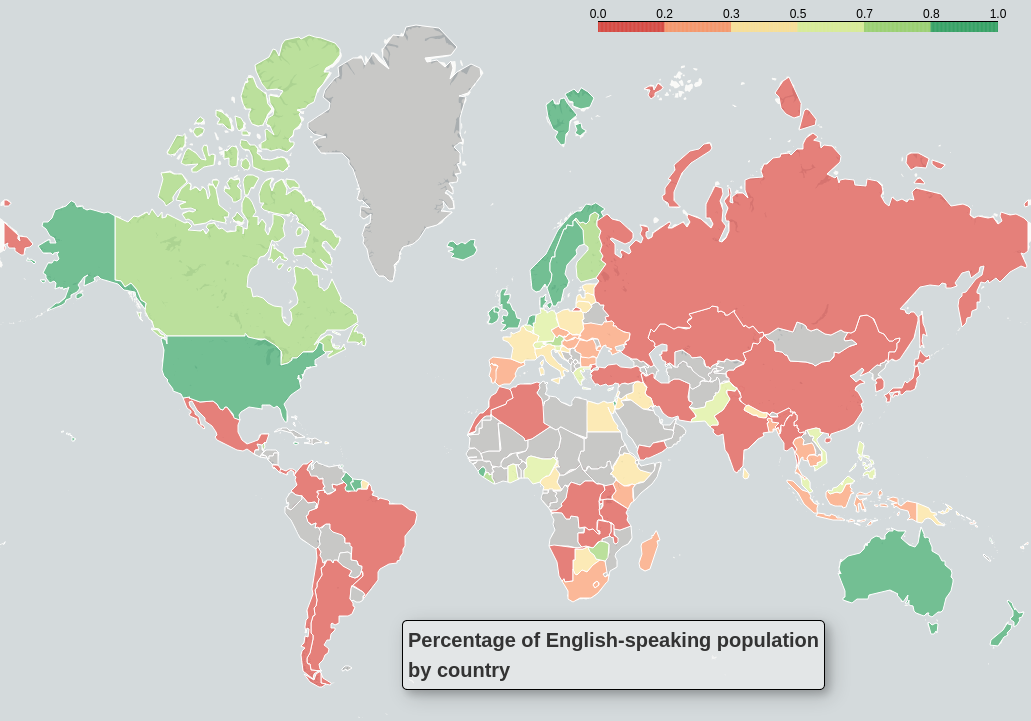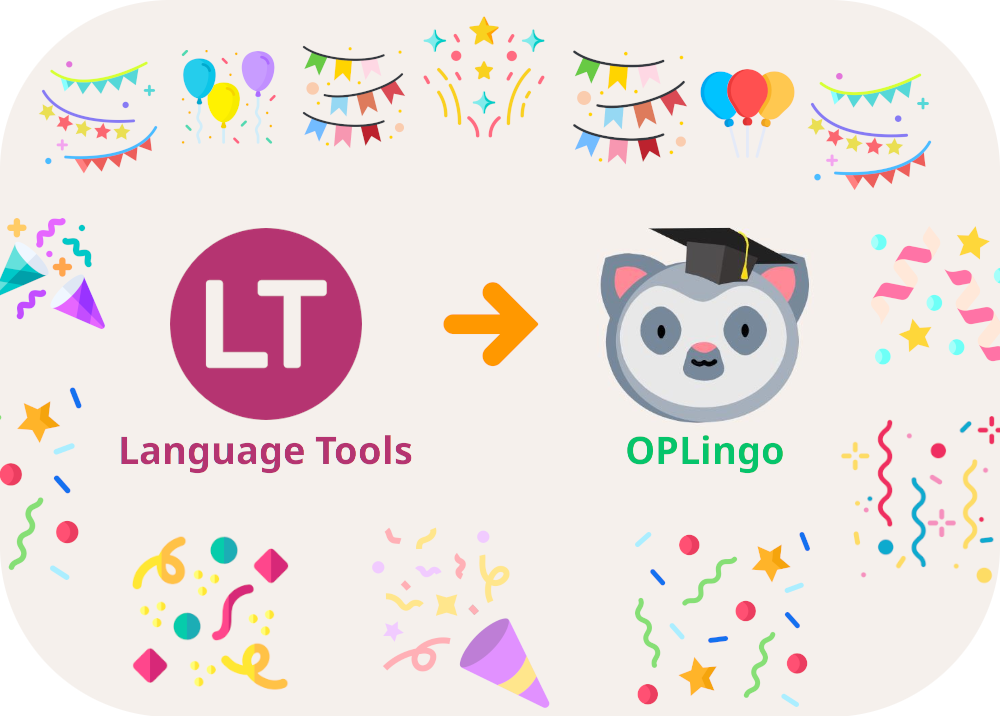Hey OPLingo community,
As you know, we recently celebrated the relaunch of our platform. This was accompanied by the implementation of quite a few features which you might want to know about. Here's a list of some of the most prominent ones. Enjoy!
As always, please tell us if you have an idea about what we could be doing better. We are serious about being a community-led platform, and relish feedback from our users, be it positive or negative. So, if you have something to say, open the "Feedback" tab on the right of your screen, or write to us here. Looking forward to hearing from you!
Dashboard
The new dashboard truly lives up to its name: it provides you with an overview of what you need to know when you start a language-learning session.
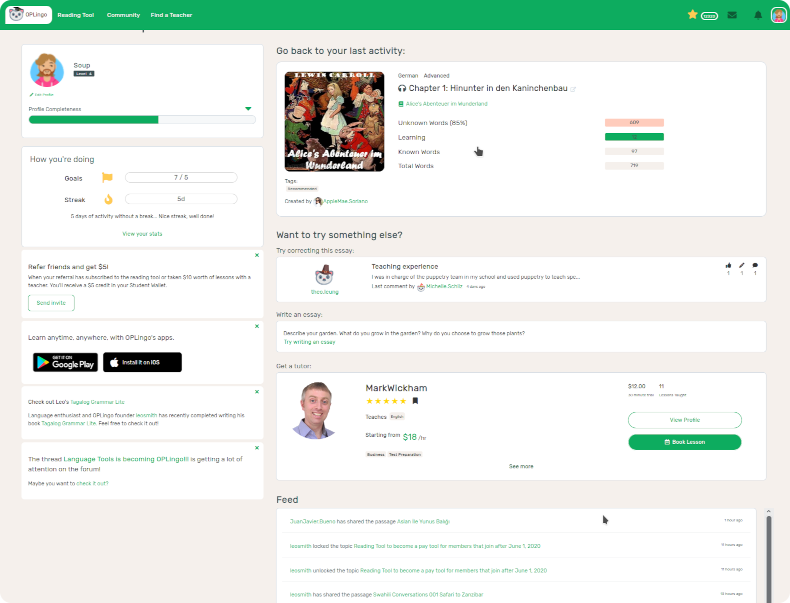
Want to go back to where you left off last time? Here you go. Want to step out of your comfort zone and try a new activity? We have a few suggestions ready. Want to know what's trending in the forum? It's in the sidebar. Want to know what everyone else is doing? Look at the activity feed. With that level of control, you have everything you need to learn that language!
Reading Tool
Well, this hasn't changed much, but some of the lesser known features might be unknown to you. Haven't found an interesting passage? Just import an article or an ebook you want to read into "My Passages". Prefer watching videos or listening to music? Just import a video from Youtube. And if you become a paid member you'll get more features!
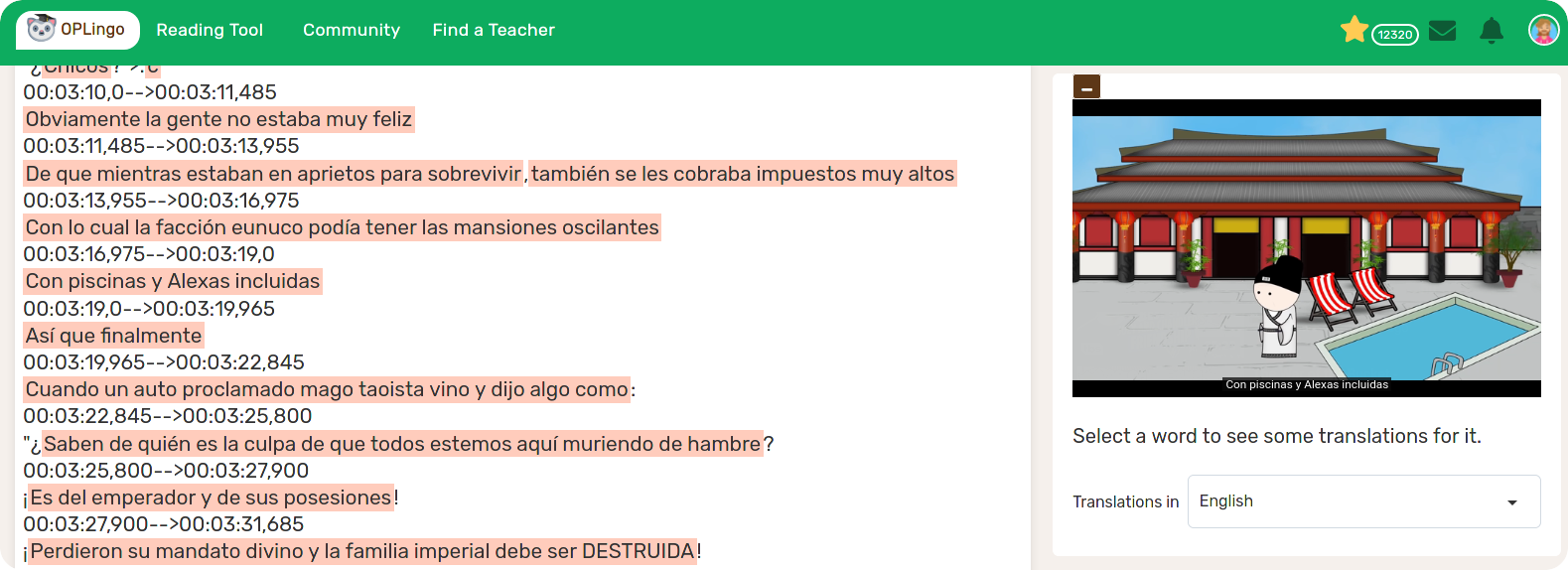
Writing Tool
Going through writer's block? Can't think of anything to say? Don't despair, just request an idea for your essay and write away. You can write about your life, or do some creative writing, or write a thoughtful piece about world cuisine. Or just correct someone else's essay.

Gamification
We know that the motivation fairy can be capricious: some days we clock in hours and hours of learning without a problem, and some days we struggle to find the energy to even open the app. Yet, it's not a secret that consistency is essential when learning languages. If that is something that you can empathise with, you're not alone. We have thought up a few ways to help you out here, by implementing some gamification features that should give the little boost that you sometimes need.

The Daily Goals are the amount of language-learning activities you want to do per day. We all learn differently, so this feature takes into account the words learned, essays written, classes taken, ...: as long as you're learning, it counts. Go set up your daily goal in your profile, but don't hesitate to go beyond your target!
There can only be one! For those of us who thrive on competition, there is a Leaderboard to keep track of who is well and truly the best. To give everyone the chance to compete, the leaderboard keeps tabs on the daily, weekly, monthly, and all-time achievements of our members.
Do you only have time to learn on the weekend? Nothing wrong with that, good job for finding time! The Streak measures consistency, but in a way that does not penalize those of us who can't connect every day: it only resets after a full week of inactivity. Let's start growing your streak today: as long as you work every week, you're good to go!
Mobile Apps
With our mobile apps, you can learn anywhere, anytime. With the relaunch, we have improved the user experience on the apps, to help make learning as intuitive, comfortable, and productive on the phone as it is on a desktop. Get your Android app, or install the iOS web app!
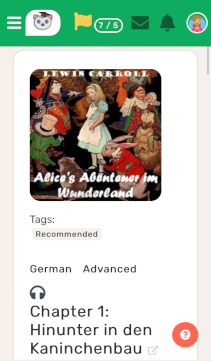
Social impact mission
We have placed our social impact mission at the forefront of our platform (as you know, we donate all of our profits to ethical causes). Go to the Our Mission page to learn about the project we're currently funding. Upgrade to the Supporter Plan to get more features, an unlimited OPLingo experience, and to support our mission. And, if you can afford it, upgrade your plan to Philanthropist.
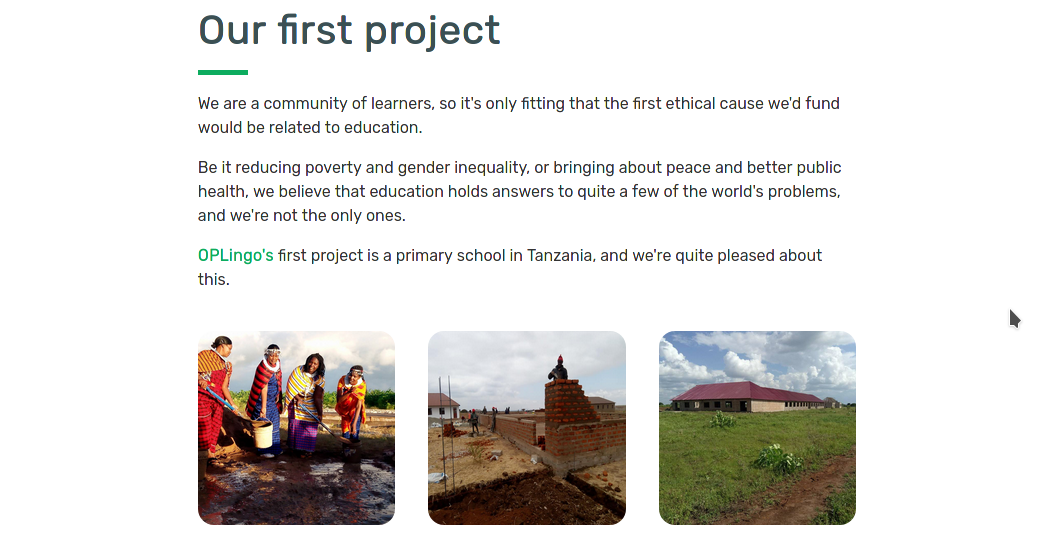

And last but not least: the olingo!
Have you noticed the proliferation of olingos on the platform? If that alone doesn't make your day better, I don't know what can.
If you have any questions, check out our FAQ.

